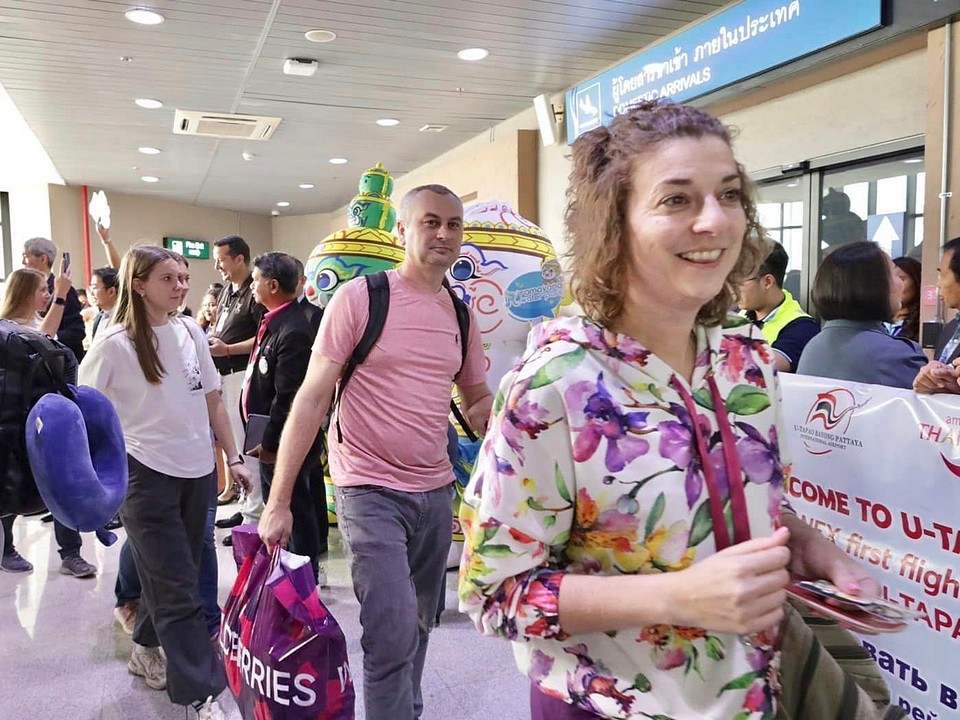
Thai authorities yet again are resuscitating the attempt to raise revenue by imposing a so-called tourist tax on most foreigners every time they enter the country. Tourism minister Sorawong Thienthong said the long-delayed scheme required six months more planning to introduce an automated payment procedure. The transaction system is being prepared and powered by Krungthai Bank.
Under the latest proposals, the 300 baht tax on arrivals by air could be extended to land borders too. It had previously been assumed that territorial tourists would pay only 150 baht. What has always bedeviled previous attempts to collect the tax has been the failure to find a system which avoided long queues at entry points created by card failures, the need for change (if cash was offered) and arguments between the travelling public and immigration officers.
The government is now working on a comprehensive plan to integrate entry processes with the forthcoming tax by an advance-payment computerized system. Visa-exempt tourists, visa applicants and those with re-entry permits would eventually make the card payment as part of the online Electronic Travel Authorization (ETA) promised for next year. Much would depend on how quickly the ETA could handle thousands of computerized applications every day. The scheme is likely be piloted with visa-exempt tourists who receive 60 days on arrival, with other foreign entrants paying the fee via a website or an app.
The vast majority of foreigners will need to pay the tax every time they visit Thailand. The exceptions are infants under two, transits, diplomats and those with authorized Thai work permits. Thus long-stayers, who often don’t view themselves as “tourists”, will be included including retirees and other non-immigrant visa holders, border traders and those with visas such as Destination Thailand Visa, the Privilege or Elite card etc. The position of 10-year Long Term Residence holders and permanent residents is said by officials to be under review.

The idea of the tourist tax is mainly to repair and upgrade tourist sites, but a 10-20 percent contribution will be set aside for death and injury compensation for overseas visitors. The time limit is 30 days and it is currently unclear who exactly is covered and under what circumstances. The scheme has also been promoted, perhaps optimistically, as an answer to overtourism because much of the cash will supposedly be spent on tourist sites well away from hotspots such as Bangkok, Phuket and Pattaya. Insurance companies have not yet been selected.








